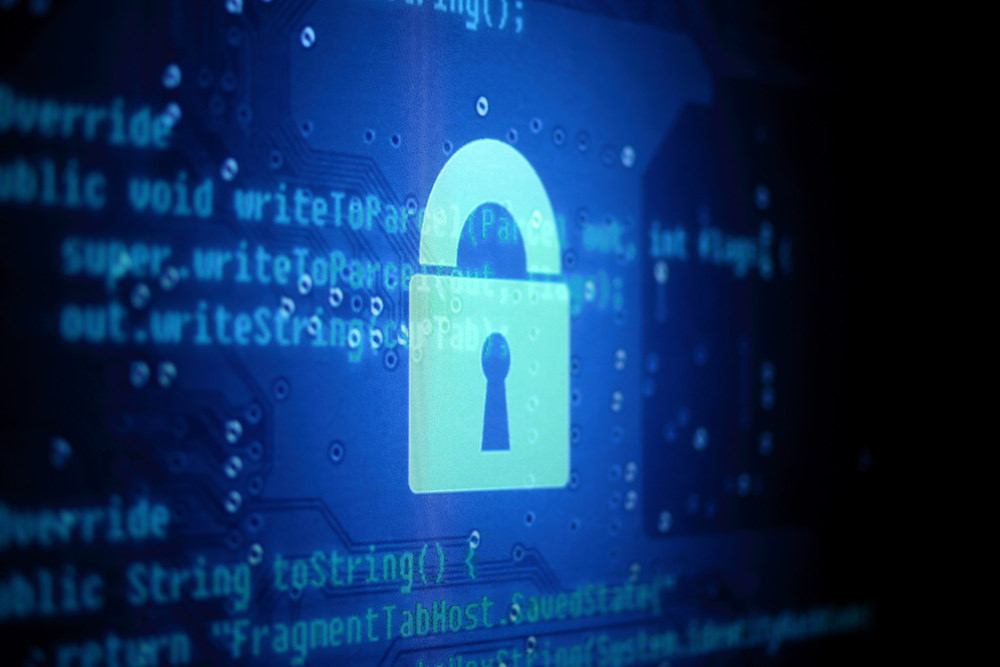Privacy is a concept that has changed dramatically over the last 10 years. Do we give up our privacy to be more secure? And what exactly is encryption?

System Lock. Creative commons by Yuri Samoilov on Flickr.
Over the past decade with the rise of social media, tweeting and online dating, we have all been gradually getting used to becoming more of ‘public’ figure, publishing our thoughts online and sharing what we think about the world. As companies entice us to share our experiences on their platforms, they also have a growing and ever more sophisticated amount of data on who we are. As a result, many more governments and law enforcement agencies would like to get access to that data in order to maintain the security of their citizens.
This has been a difficult and fraught area in recent years and many of the artists and works in Big Bang Data such as Owen Mundy, Laura Poitras, Fight for the Future and Demand Progress and the Persona Non-Data project have all been dealing with issues of online privacy, security and the relationship of corporations and the state to our private data. Lots of the works in Big Bang Data set out to show you just how much information there is already out there about you for anyone to see if they wanted to. Who your friends are, where you have coffee in the morning, that funny photo of your cat or what you googled last night. As Owen Mundy said in his talk last month in relation to his piece I Know Where Your Cat Lives, “we are now all cats on the internet“.
As a result we’ve also seen a corresponding rise in products and services being touted as more secure and putting our privacy first. From secure phones and consumer VPNs, to encrypted email and web browsers. Sometimes this is seemingly at odds with what governments want and the issue of how much data governments should be entitled to have access to is a hot topic.
This issue has been in the front pages recently with the FBI going to court against Apple to get access to the data on an iPhone belonging to a terror suspect. They want Apple to build a tool to unencrypt it’s iOS operating system. In this country as well, parliament wants to make it the law to retain all the browsing history of UK citizens in the so-called ‘Snooper’s charter’, despite some fierce criticism by a parliamentary committee.
But what does encryption really mean for us? Does it make us safer? And from who?
Lots of companies and publishers are now opening up to the idea of being more up front about what they do with our data with clearly worded privacy policies, and Mozilla has launched a new campaign to promote encryption and to help people understand what it is and why it’s important to know who has your data.
In light of this, the Electronic Frontier Foundation’s standards on privacy offer a timely reminder that privacy serves as the foundation for national laws and is actually our human right – outside of the realms of any particular government – and that this grows more important than ever in our brave new world of big data.